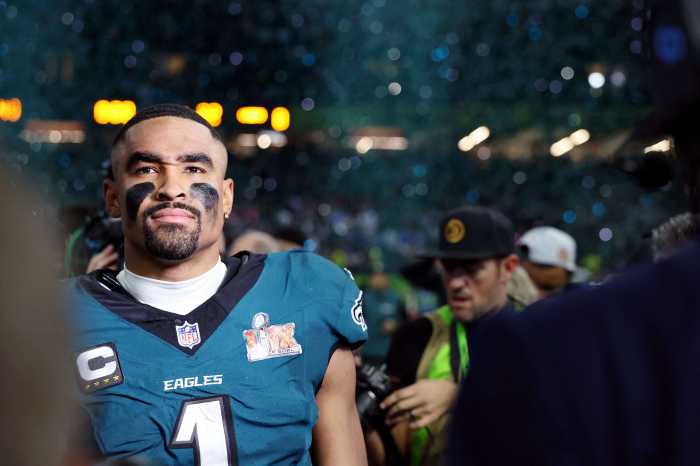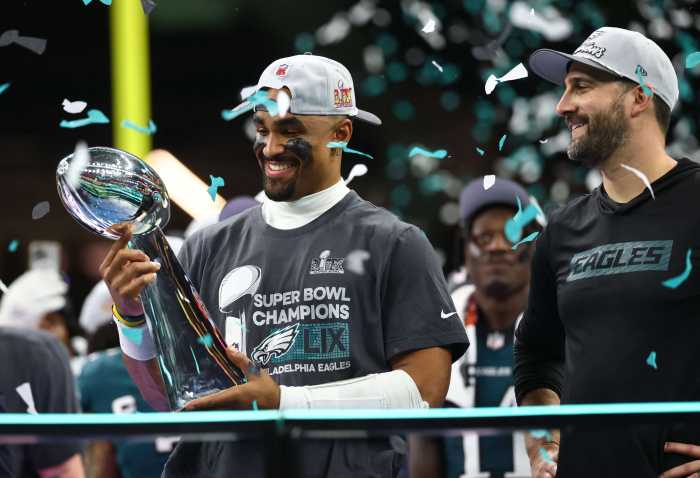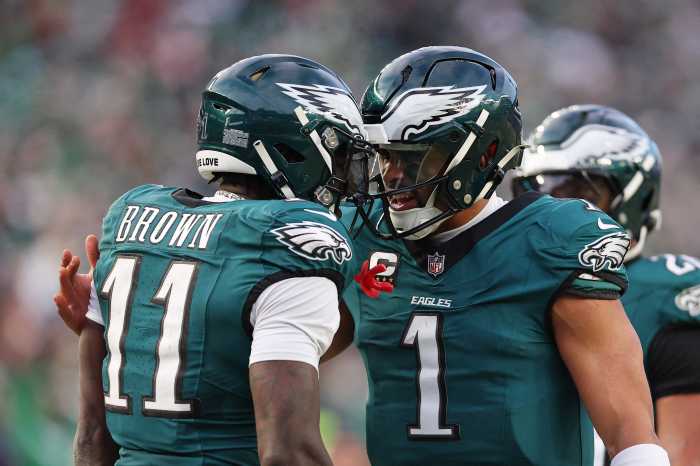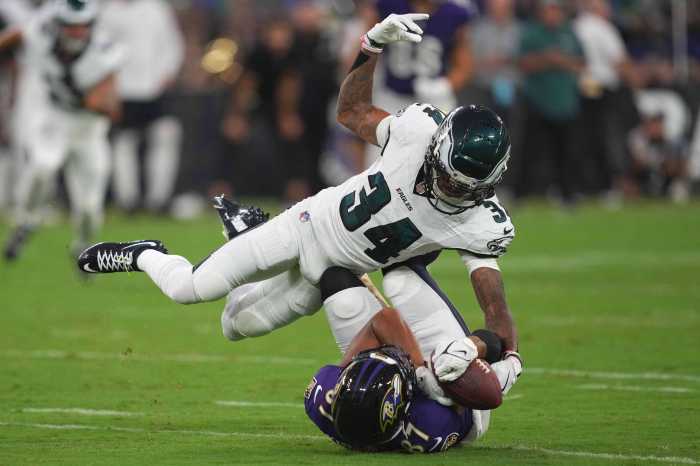Do you remember when the Philadelphia Eagles were an organization that was always reacting, chasing, never leading?
Even as far back as drafting Bobby Taylor in 1996 to defend Michael Irvin, almost 30 years ago, this team was often playing from behind, both literally and philosophically. From trying to counter divisional threats to patching holes with short-term solutions, the franchise lived in a state of constant response.
Well, this is no longer your parents’ Philadelphia Eagles.
Today, the Birds are not chasing trends; they’re setting them. They are no longer hunting; they are the hunted.
If you were born in the mid-90s or later, all you’ve really known is sustained success: playoff appearances, double-digit win seasons, and Super Bowl contention. Since the turn of the millennium, the Eagles have ranked among the top in the NFL in total wins, playoff victories, and conference title games. Expectations have shifted, from hope to dominance. And all of that started with a handful of philosophical changes.
A change of heart for the Eagles
The Eagles were once viewed as not valuing the running back position, especially in free agency. But the truth is more nuanced. They used a second-round pick on Miles Sanders. They were prepared to select Christian McCaffrey in 2017 and attempted to acquire Dalvin Cook. Now, they’ve committed significant money to one of the league’s top-paid backs for the next three years. Philosophies evolve, and so does Philadelphia.
The “QB Factory” label once seemed like a joke, until it wasn’t. Selecting Jalen Hurts in the second round in 2020 may go down as one of the smartest decisions in modern team-building. They didn’t repeat the McNabb era mistake. This time, they surrounded their quarterback with real weapons. A Heisman winner in DeVonta Smith and a superstar WR1 in A.J. Brown, acquired using a first-round pick. Results followed.
And for decades, the Eagles avoided investing premium assets in two other positions in today’s game: linebacker and safety. They rarely spent top draft capital or serious free-agent money there.
That era is over.

In 2025, they drafted Jihaad Campbell in the first round, their first off-ball linebacker taken that high since 1979. He joins forces with an All-Pro Zack Baun, who just signed a $50 million contract. At safety, they finally broke precedent as well, investing real resources to solidify the back end. In 2017, free agent safety Malcolm Jenkins (signed in 2016) led the defense to glory. In 2024, signing old friend Chauncey Gardner-Johnson made a major impact. The old Eagles tolerated soft spots in the middle of their defense. The new Eagles fortified them.
At cornerback, they shattered another trend. After more than 20 years without drafting a cornerback in round one, they took Quinyon Mitchell in the first round and traded up to select Cooper DeJean in the top 40. The message was clear! No more waiting, no more band-aids.
This is not a team stuck in tradition. It’s one that self-corrected and has challenged its own long-held assumptions and core beliefs.
The Philadelphia Eagles used to chase greatness. Now, they define it. And it all started with admitting change was needed.
As always, thank you for reading!
Follow me on X @PHLEagleNews
REUTERS/Mike Segar






























